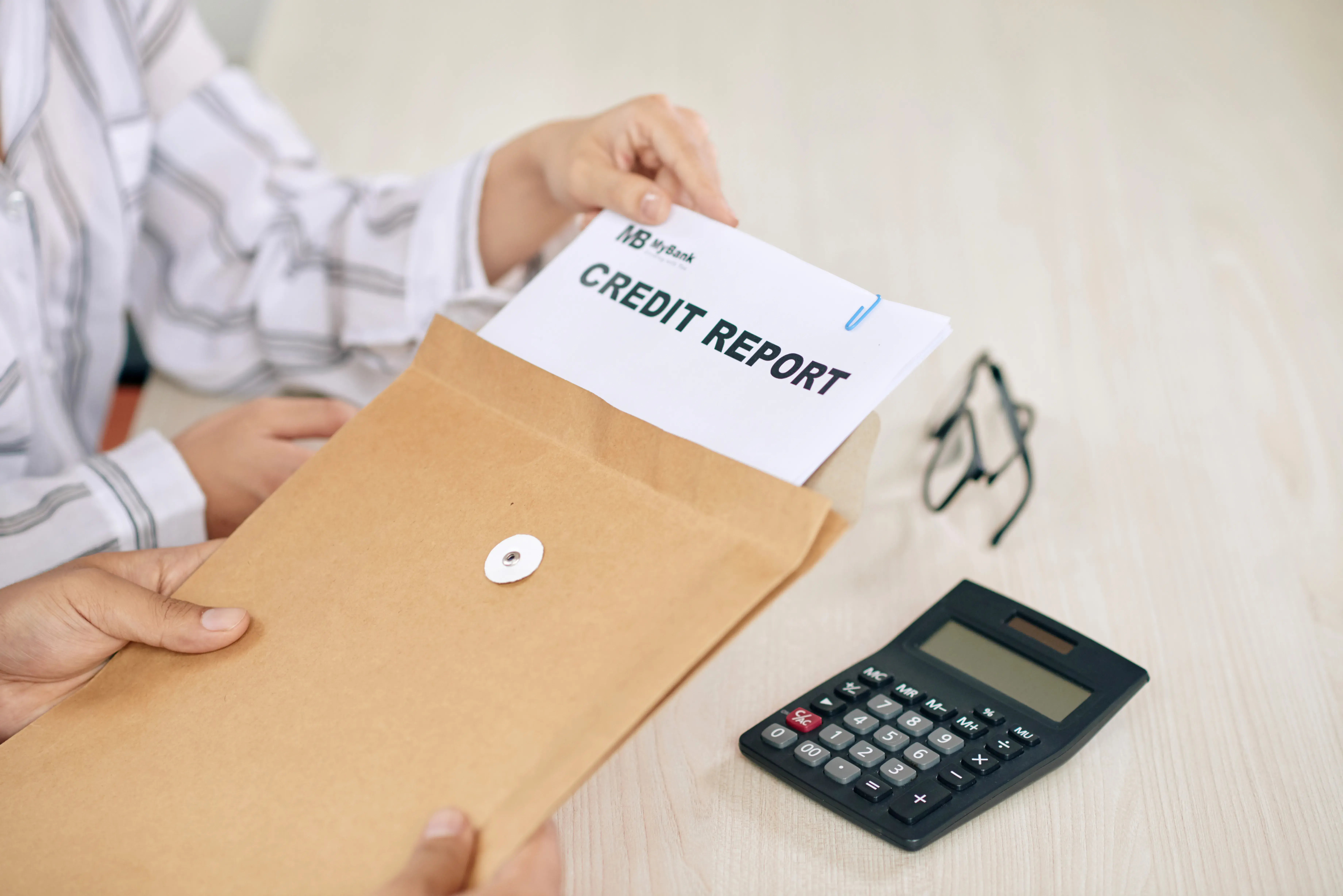-
Posted on: 11 Jan 2025

-
A collection account from a collections agency on your credit report can hurt your credit score a lot. It shows lenders that you missed payments before. This may cause you to face higher interest rates on loans. You might even find it hard to get approved for credit. The good news is there are ways to fix this. This guide will look at different strategies to remove paid collections from your credit report. We will cover practical steps, your rights as a consumer, and important tips to help you take charge of your credit health.
Understanding Collections on Your Credit Report
In credit management, knowing how collections work is very important. So, what does it mean to have a collection account on your credit report? It means that a creditor has hired a debt collection agency to get back an unpaid debt.
This happens when you miss a payment, like on a credit card bill or a personal loan, and the debt stays unpaid for a long time. When there’s a collection account on your report, it acts as a warning sign for lenders. They may see you as a risky bet for giving you credit.
The Impact of Collections on Your Credit Score
Having a collection account on your credit report is a big deal. It's a negative mark among the negative items that can bring down your credit score. Your credit score is like a report card for your finances. Lenders check it to see how well you handle debt. When they find a collection account, they may worry about your ability to pay back loans.
This can lead to higher interest rates for loans and credit cards, as you might have negative information affecting your credit. You might even get denied when applying for new credit. Collection accounts can stay on your credit report for up to seven years. This means they can hurt your creditworthiness for a long time. The good news is that the impact of collections gets lighter as time goes on.
How Long Collections Remain on Your Report
The duration for which a collection account stays on your credit report is determined by the Fair Credit Reporting Act (FCRA). The clock starts ticking from the original delinquency date, which marks when the account became past due.
Type of Entry Maximum Time on Credit Report Collection Account 7 years As you can see from the table, a collection account can linger on your credit report for a significant period. However, it's essential to recognize that the impact of a collection account gradually diminishes over time, especially as you demonstrate positive credit behavior.
Verifying the Accuracy of Collection Entries
In the detailed world of credit reporting, mistakes can happen. It is common for collection entries to have errors, which can harm your credit score. The good news is that you can challenge and fix these mistakes.
The first step is to check your credit reports from the three major credit bureaus: Equifax, Experian, and TransUnion. Look for any differences or doubts related to collection accounts or delinquent accounts. Pay close attention to account numbers, balances, dates, and creditor information.
Steps to Obtain and Review Your Credit Report
Getting your credit report is an important part of keeping your finances healthy. Three main credit bureaus keep records of your credit history: Equifax, Experian, and TransUnion. You can ask for a free copy of your credit report from each bureau once a year.
To get your free credit reports, visit AnnualCreditReport.com. After you have your reports, take some time to check each part closely. Pay special attention to any accounts in the "Collections" section. Look for account numbers, dates, balances, and creditor details errors.
Identifying and Documenting Inaccuracies
If you find any wrong information in your credit report, collecting proof to support your claim is very important. Start by getting your bank statements, credit card bills, payment confirmations, or any other records that can back up what you say.
After you have your documents ready, you can begin the dispute process online or by mail. If you choose to go online, visit the credit bureau's website and find their dispute section. If you prefer mail, you can write a formal dispute letter as suggested by the Consumer Financial Protection Bureau. Make sure to include details about the wrong information and attach copies of your proof.
Strategies for Removing Paid Collections
Dealing with paid collections on your credit report can be tough. Paying off a collection account does not automatically remove it from your report. However, you can take some steps to try to get it removed.
One way is to talk to your creditors about a goodwill deletion. You might also look into other legal options. Keep in mind, that you often can reach a good outcome if you stay persistent and have a solid plan.
Negotiating with Creditors for Removal
One good way to handle this is to talk directly to your creditors about removing paid collections, by the Fair Debt Collection Practices Act. This means you need to reach out to either the original creditor or the debt collection agency that has your account.
When you contact them, make sure to be respectful and professional. Clearly say that you want the paid collection taken off your credit report, ensuring that you have accurate information for your request. You might suggest a goodwill deletion. This is where you offer to pay off the remaining balance in return for taking away the collection account.
Utilizing Goodwill Letters for Paid Collections
A goodwill letter is a helpful way to try to remove paid collection accounts from your credit report. This letter asks the creditor to be kind and consider taking away the negative mark.
In your goodwill letter, share the reasons why you missed payments. Show your promise to keep a good credit history in the future. Make sure to mention any efforts you made to fix the problem, like paying off the collection completely.
Legal Remedies and Consumer Rights
Consumers are protected by laws when it comes to credit reporting and debt collection. Knowing these rights can help you handle disputes and find solutions if needed.
This section will explain important laws like the Fair Credit Reporting Act (FCRA). It will also cover options for consumers who face problems with wrong or unfair collections.
Understanding the Fair Credit Reporting Act (FCRA)
Understanding the Fair Credit Reporting Act (FCRA) is very important for dealing with credit reports. This law controls how credit bureaus report and use information. It makes sure that the information is accurate, fair, and private. You should learn about the FCRA to understand your rights about credit reports, resolving disputes, and managing collection accounts. Stay updated on the rules in the FCRA to help protect your credit health and overall financial well-being.
When to Consider Legal Action Over Incorrect Collections
Most problems with credit reports can be fixed by talking directly with credit bureaus or creditors. However, sometimes legal action is needed. If you have tried everything and think your rights have been violated, it is a good idea to talk to a consumer rights lawyer who knows about credit reporting issues.
You might need to take legal action if there are ongoing mistakes on your credit report caused by a credit bureau. It could also be necessary if you believe there is fraud or if your consumer rights are being broken. This includes cases of harassment or mistreatment by debt collectors.
Conclusion
In conclusion, it is important to deal with paid collections on your credit report to boost your credit score. You should check that the collection entries are accurate. You can also negotiate with creditors and write goodwill letters to help remove these negative marks. It's essential to know your rights under the Fair Credit Reporting Act during this process. In some cases, legal action may be needed. Stay focused, as getting rid of paid collections can improve your creditworthiness. If you need help, seek professional advice to handle the rules of credit report management.





